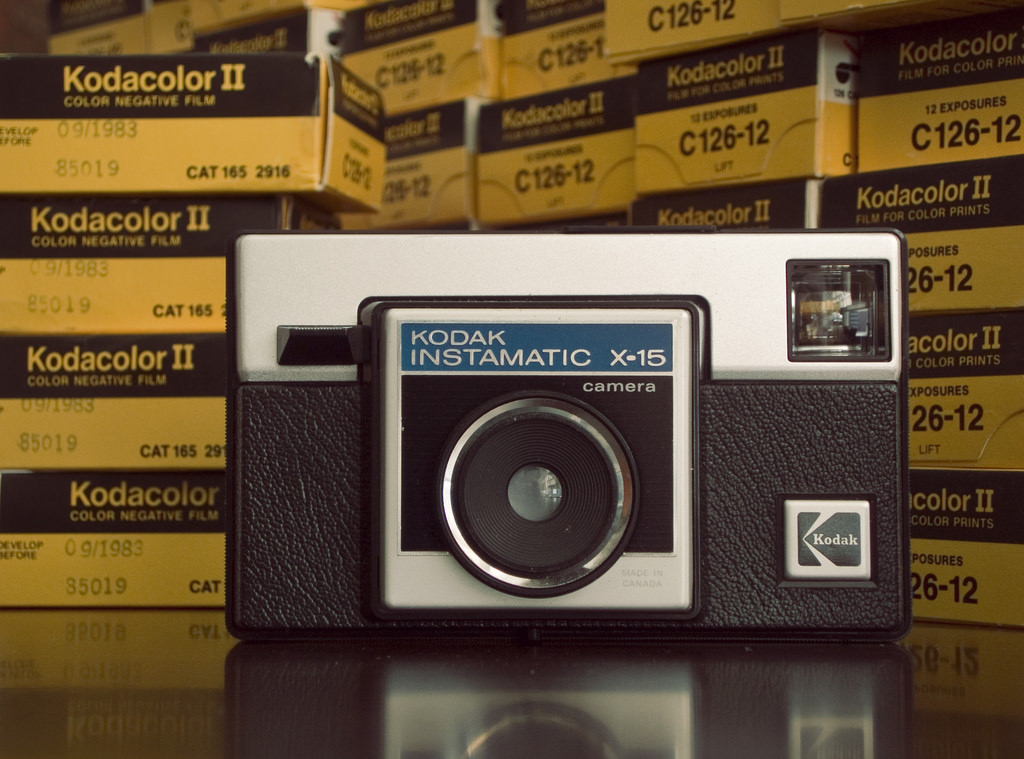Divided over 10-stick 'kiddie packs'
PETALING JAYA – Opinion on restoring the 10-stick cigarette pack is sharply divided – health advocates oppose it, while cigarette retailers support it.
Since the proposal surfaced a few weeks ago, NGOs have vehemently put their foot down, citing health statistics and the huge burden on national productivity and health resources.
NGOs believe the reintroduction of these “kiddie packs”, which were banned in 2006, would encourage more people, especially youths, to pick up smoking.
The Star recently front-paged a proposal by the tobacco industry for kiddie packs to be reintroduced in Malaysia.
In 2006, the Health Ministry instructed cigarette companies to remove packs of seven and 10 sticks from store shelves.
Four years later, the 14-stick pack was also banned.
Health director-general Datuk Dr Noor Hisham Abdullah, when contacted yesterday, stood by his earlier comment that his ministry was against the proposal.
On tobacco tax revenue, Deputy Finance Minister Datuk Lee Chee Leong said the tax contribution of kiddie packs was minimal.
“For the Customs Department, the crux of the issue is not generating more tax revenue.
“The department is more concerned about the social problems that will be caused by the 10-stick pack,” he said.
However, four national associations voiced their support for the proposal yesterday, claiming that the move would contribute to curbing the illegal cigarette trade and even help smokers change their smoking habits.
The associations were the Malaysia-Singapore Coffeeshop Proprietors General Association (MSCSPGA), Malaysian Indian Restaurant Owners Association (Primas), Malaysian Muslim Restaurant Owners Association (Presma), and Federation of Sundry Goods Merchants Association of Malaysia (FSGMAM).
Blaming cheap contraband cigarettes as the main reason for youths to pick up smoking, Primas president T. Muthusamy said such illegal cigarettes were the real “kiddie packs” here.
“If enforcement alone is good enough then there is no need to ban small packs at all, because it is illegal to sell cigarettes to youths anyway.
“After 10 years, we can see the ban on small packs has not addressed the problem of youths smoking,” he said.
MSCSPGA president Ho Su Mong said there was no point having policies that “benefit illegal cigarettes”.
He said people in the middle and lower-income groups turned to contraband cigarettes because they could not afford legal ones.
Presma president Ayoob Khan Muhamad Yakub believed that a legal kiddie pack would help smokers reduce the number of times they smoke in a day.
He said smokers who tend to finish a 20-stick pack – the only legal size now – will have an option to cut back on smoking if the smaller packs were to be sold again.
“This will also encourage retailers who have been selling illegal cigarettes to switch back to legal ones,” he said.
On The Star Online, the tug-of-war between anti-smoking advocates and the cigarette industry saw 64 per cent of 1,000 people polled supporting the move to bring back the little pack.
Those who agreed said removing kiddie packs had not deterred smoking anyway (46 per cent), or that the revenue from lost taxes can be used for the greater good (18 per cent).
Up to 24 per cent voted against the proposal as it would encourage smoking. They wanted the Government to look at other methods to combat the illicit trade. And 12 per cent felt Malaysia should abide by the Framework Convention on Tobacco Control, which it signed in 2003 and ratified and enforced in 2005.
Article 16(3) of the framework states that each party shall endeavour to prohibit the sale of cigarettes individually or in small packets which increase the affordability of such products to minors.
On The Star Online’s Facebook page, Simon Wong commented: “Never, never bring back kiddie pack if you don’t want kids to pick up smoking.”
Farid Yusof believes that the proposal would encourage school children to smoke.
However, Shuhaimi Ramli pointed out that if the kiddie packs were sold at half the current price of 20-stick packs, illicit cigarettes would still cost less.
Raymond Lim summed it up with: “(A) smoker is a smoker. Small or big, cheap or expensive, they will still smoke.”
Published at Wed, 06 Sep 2017 01:32:18 +0000





